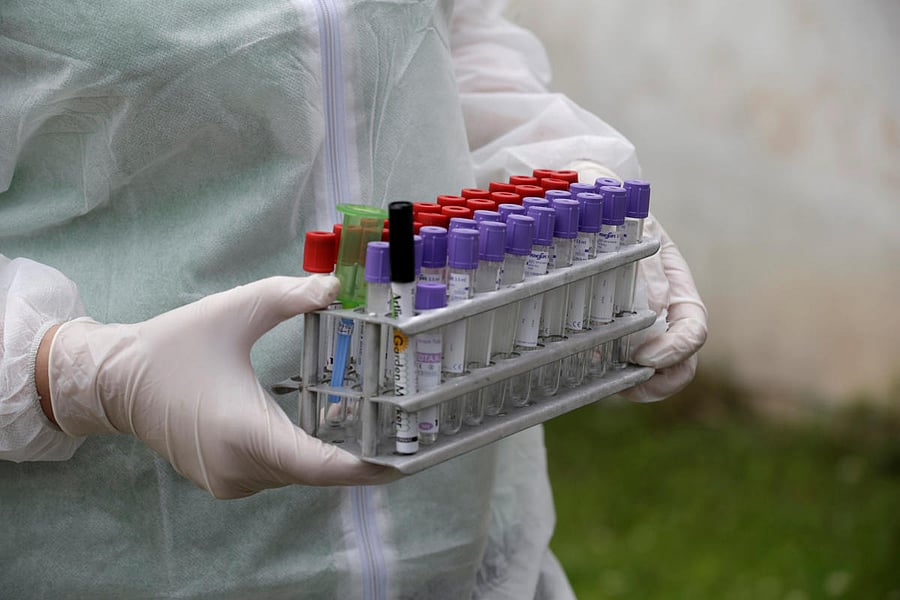
As many as 27 indigenous diagnostics of rare genetic diseases may soon be available to patients across the country, thanks to a research by a CSIR institute that has transferred the technologies to India's biggest pathological laboratory unit.
Most of these diagnostics are not available in most parts of India.
In a few metro cities, these tests are either too expensive and time-consuming or offered from a government set up with limited reach-out potential.
But in what may improve Indians' access to these tests in the coming days, the Institute of Genomics and Integrative Biology, one of the constituent laboratories of the Council of Scientific and Industrial Research, has perfected these 27 diagnostics after years of research.
The technologies have been transferred last week to Dr Lal Path Lab that would bring them to the market through its network of hundreds of diagnostic laboratories across the country.
"The idea is to offer these tests to the Indian public with a far less waiting time and convenience due to our countrywide reach. As a ballpark figure they will cost half of the current prices available in the market," Atul Thatai, national head of molecular diagnostic and R&D at Dr Lal Path Lab told DH.
Most of these tests, explained IGIB director Anurag Agrawal, were related to neurology and ataxia (a neurological disorder that impacts muscle movement).
There would also be tests for thalassemia beta, Tay Sachs Disease and a type of Parkinson's Disease.
With an ability to undertake 50,000 pathological tests a day, Dr Lal Path Lab is India's biggest player in the diagnostic market.
The company has 26 units in Karnataka, including 22 in Bengaluru, and one each in Hasan, Hubli, Mangalore and Mysore.
In a majority of the cases, an appropriate diagnosis of genetic diseases is not arrived at, due to lack of general awareness on genetic diseases as well as in the absence of inexpensive and appropriate genetic diagnostic services.
An average patient with a rare disease has to go through multiple health care visits and diagnostic tests and takes approximately seven years to arrive at a precise diagnosis.
Better access to genetic diagnostic services could potentially provide a better quality of life to the individual and family, IGIB said in a statement.
